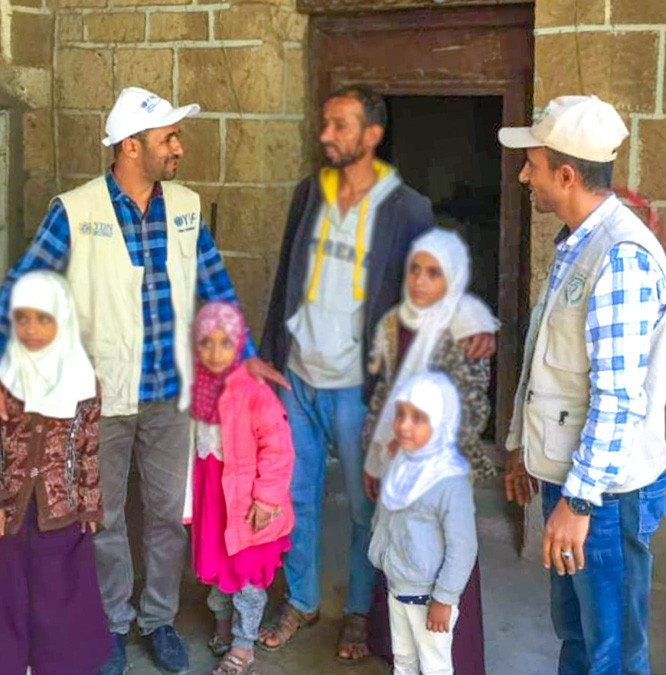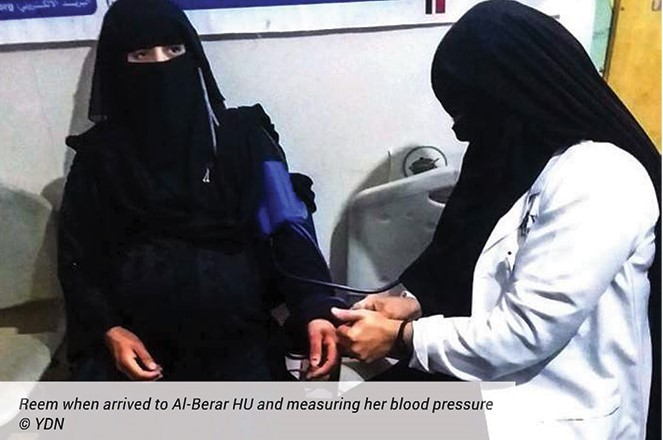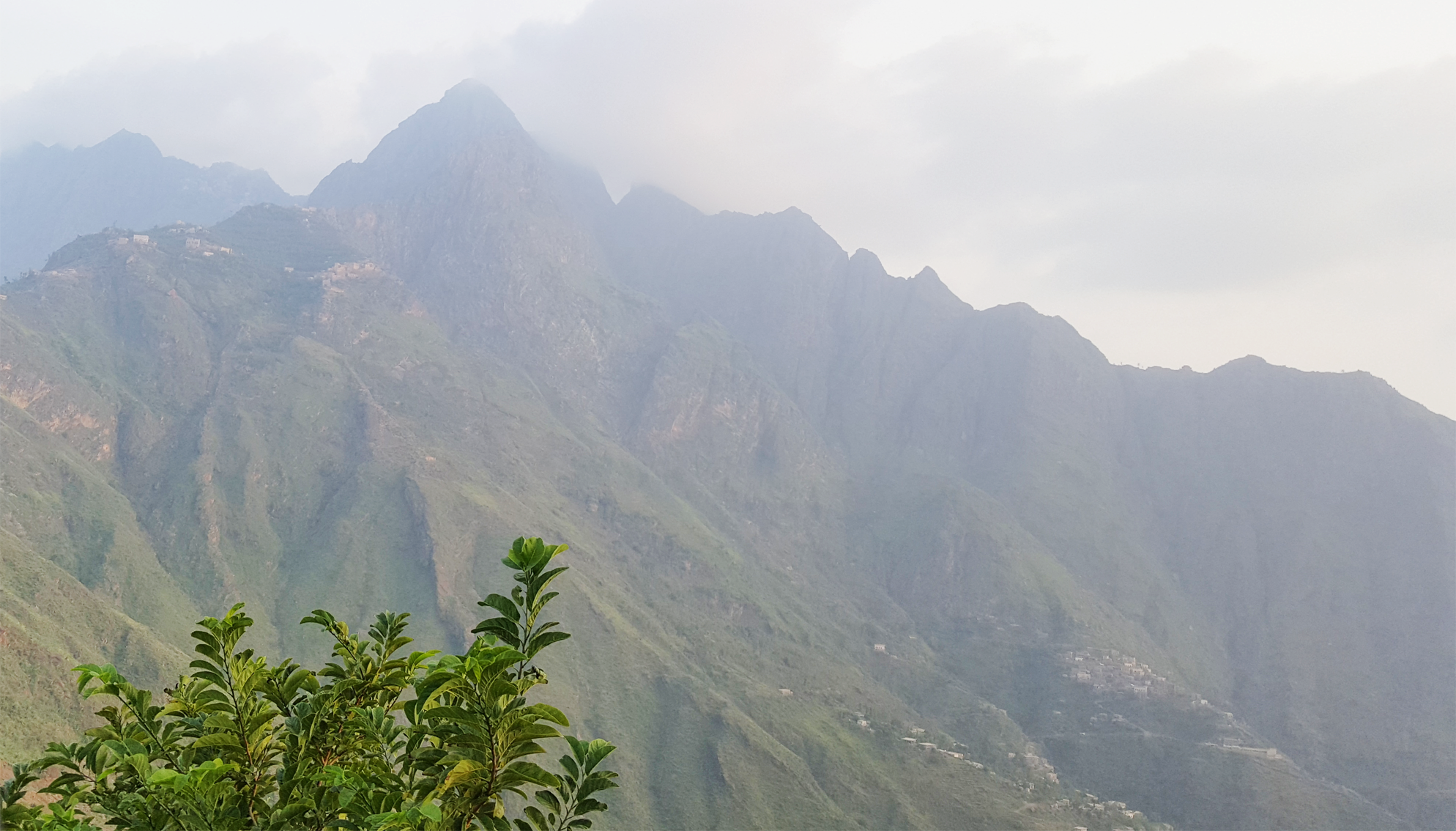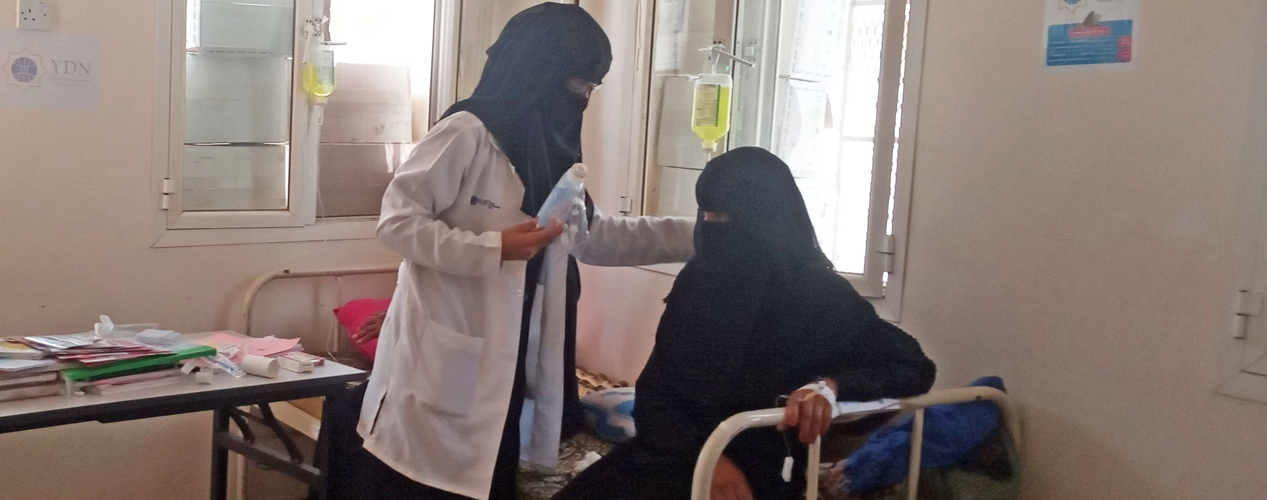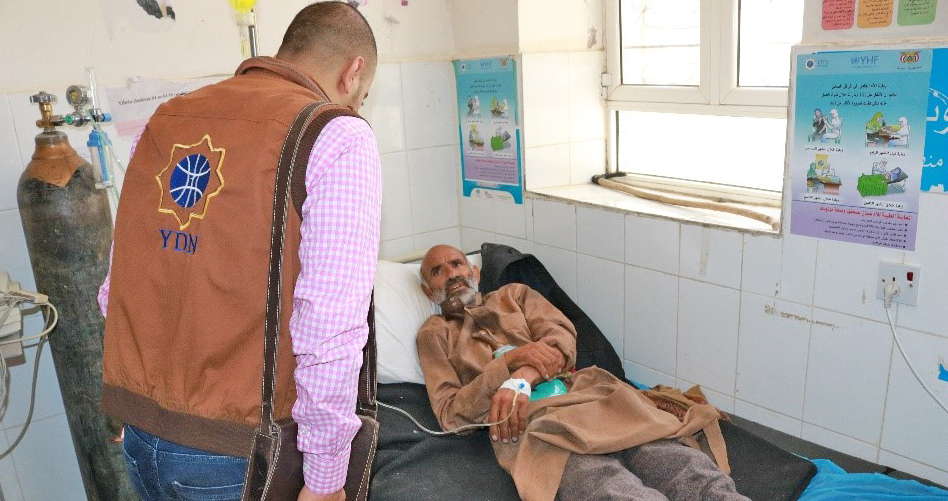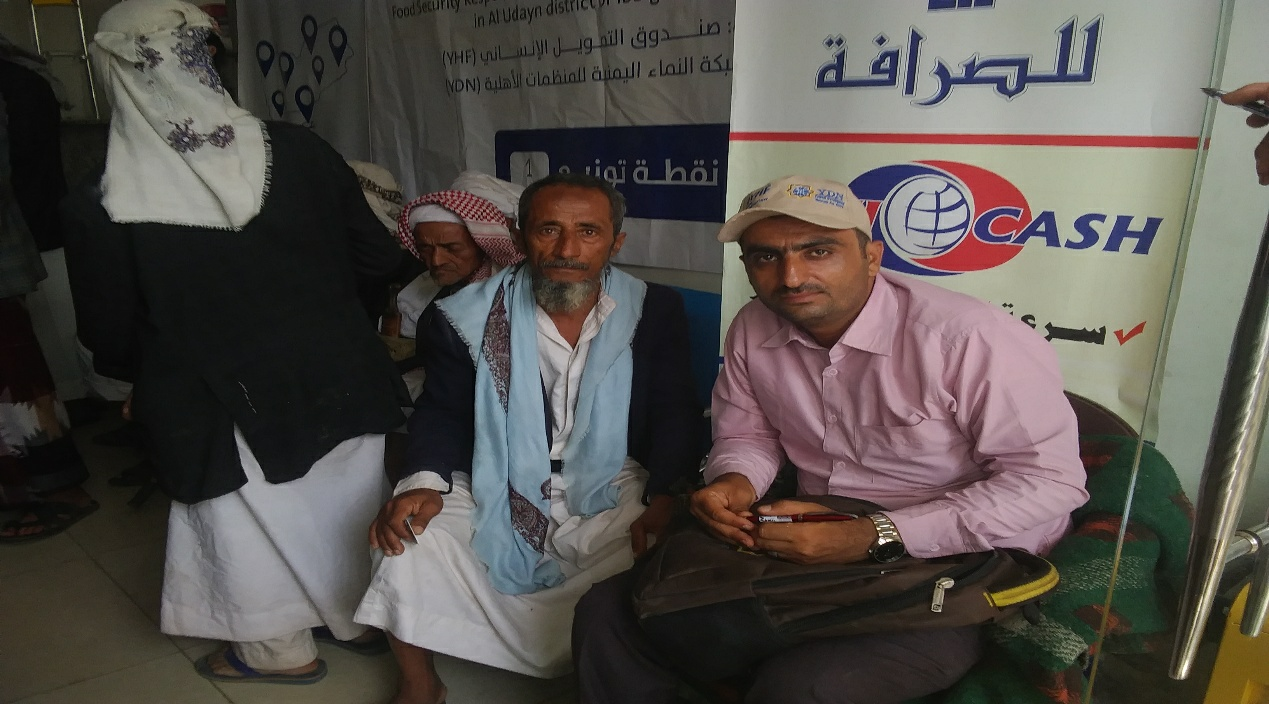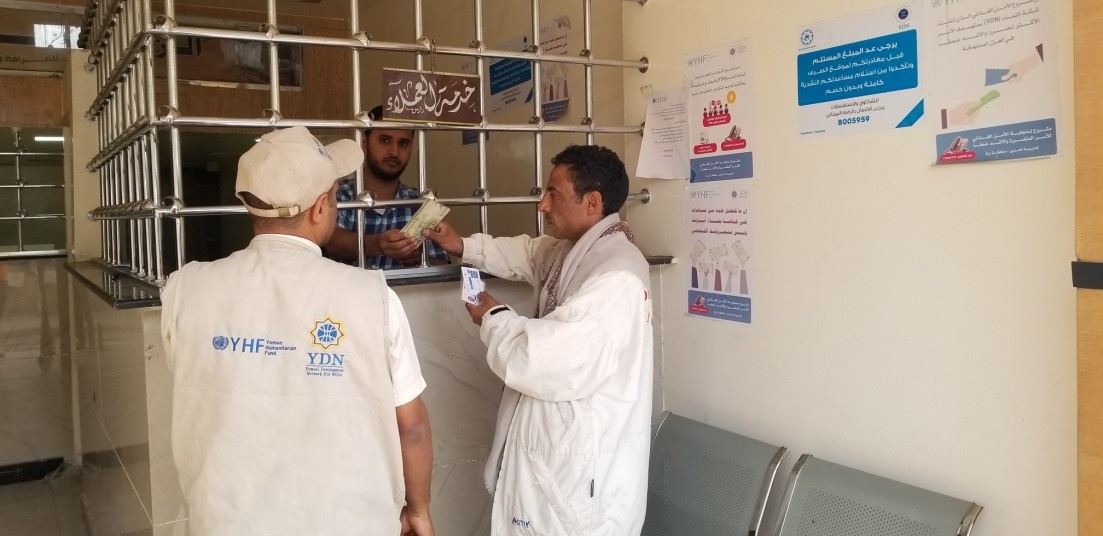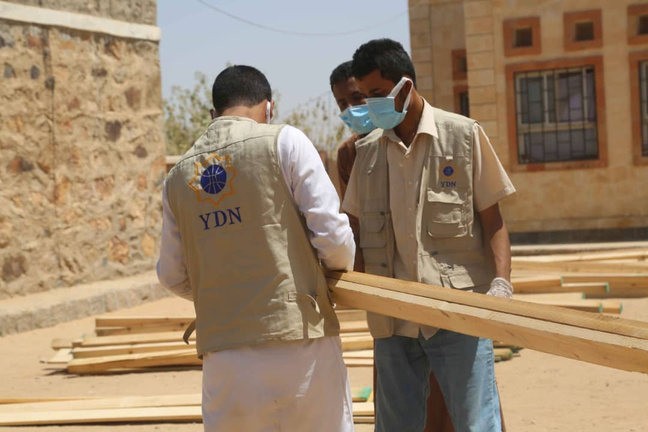The people of Hura and Al-Ahbool, who live in Al-Qibla sub-district, Milhan District, continued to suffer from the spread of watery diarrhea, cholera, malnutrition at all levels, and parasites such as amebiasis, dysentery, schistosomiasis, and other diseases related to water and hygiene. Two people from Al-Ahbool lost their lives because they got infected with Cholera.
Defecation in the open was a common behavior in the area, either due to the lack of community awareness or the limited number of bathrooms at homes. This is one of the main causes of the spread of diseases, as human waste (faeces) can be seen along the road and near homes. Defecation in the open was the only way for most of the people of Hura and Al-Ahbool to relieve themselves. Women had to wait for hours until evening covers the region, and they had to go out for long distances to places where they feel privacy to relieve themselves. By so doing they expose themselves to several dangers. According to one of the beneficiaries, Mr. Maher Mohammed, if he wanted to relieve himself, he would walk a distance outside the house. His wife, too, would walk for long distances outside the house so that no one would see her. Mr. Maher also used to accompany his children while they went to relieve themselves for fear of encountering wild beasts and falling from the steep slopes. This is the case for most of the population in the region.
The challenge lied in how to discourage the wrong behaviors the containment of which would further limit the spread of common diseases in the Hura and Al-Ahbool areas.
YDN constructed 300 latrines in the Hura and Al-Ahbool regions, benefiting 2,100 people. YDN also conducted 199 hygiene-awareness sessions which targeted 4,319 beneficiaries of all ages of both sexes. These activities contributed to reducing the behavior of defecation in the open and encouraging the use of toilets that made it easier for women, children, the elderly and the rest of the beneficiaries to relieve themselves in isolation from those around them and in complete privacy. No longer did the beneficiaries fear of encountering wild beasts and falling off steep cliffs.
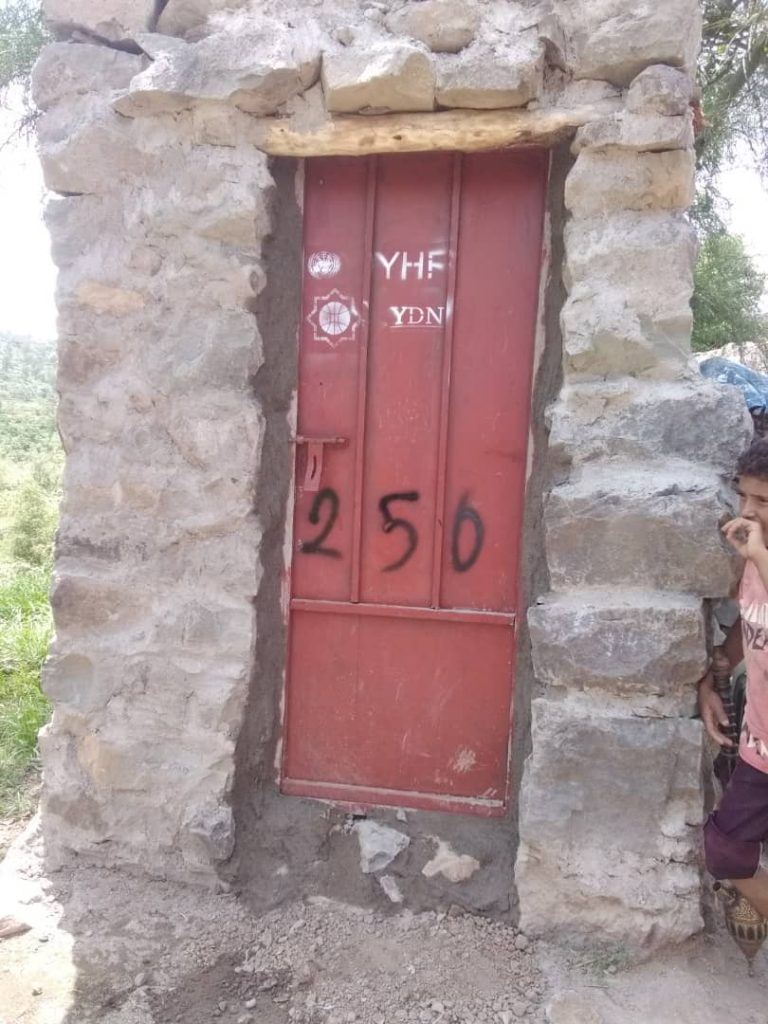
YDN could overcome the challenges of steep terrains, slopes and cliffs of the region. The latrines were constructed in separate areas some of which are not accessible by cars. Therefore, primitive methods were used to transport building materials, including carrying on one’s back or using donkeys.
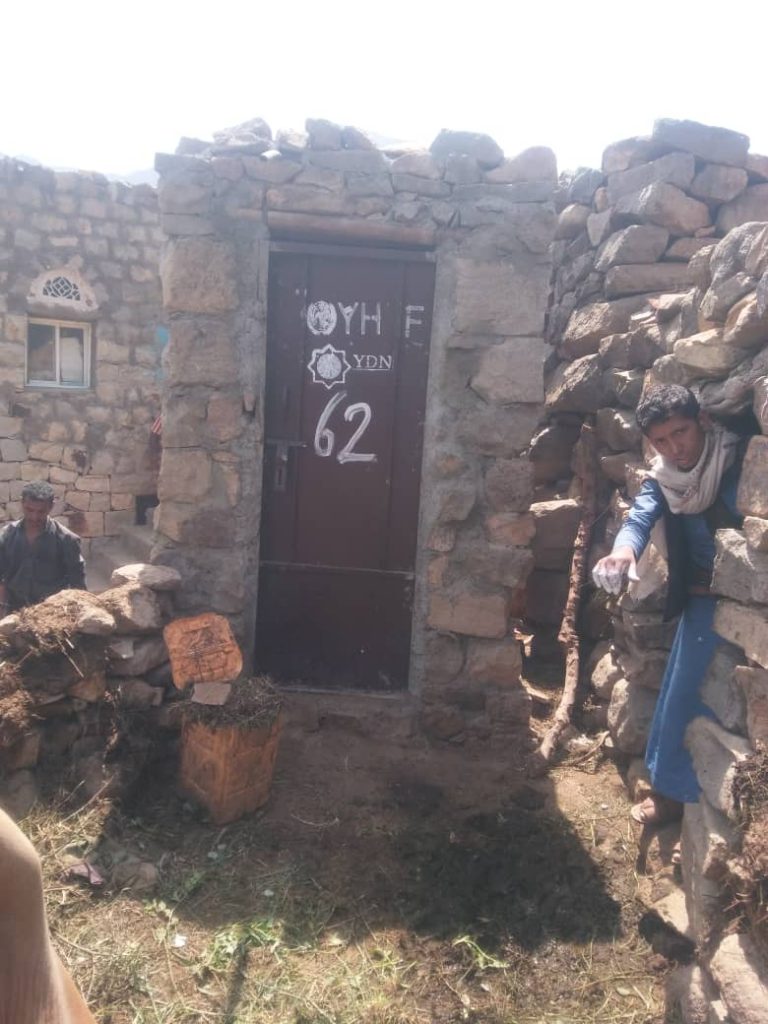
Dr. Mutahar Al-Sayegh, head of the health unit in Al-Ahbool sub-district, said, “before the intervention of YDN, most of the patients consulting the health unit were suffering from watery diarrhea and cholera. However, after the YDN constructed the latrines which controlled and collected pathogens agents in closed and muffled rooms, a significant drop was noticed in the number of patients with watery diarrhea. As such, we thank YDN for this successful and effective intervention.”

